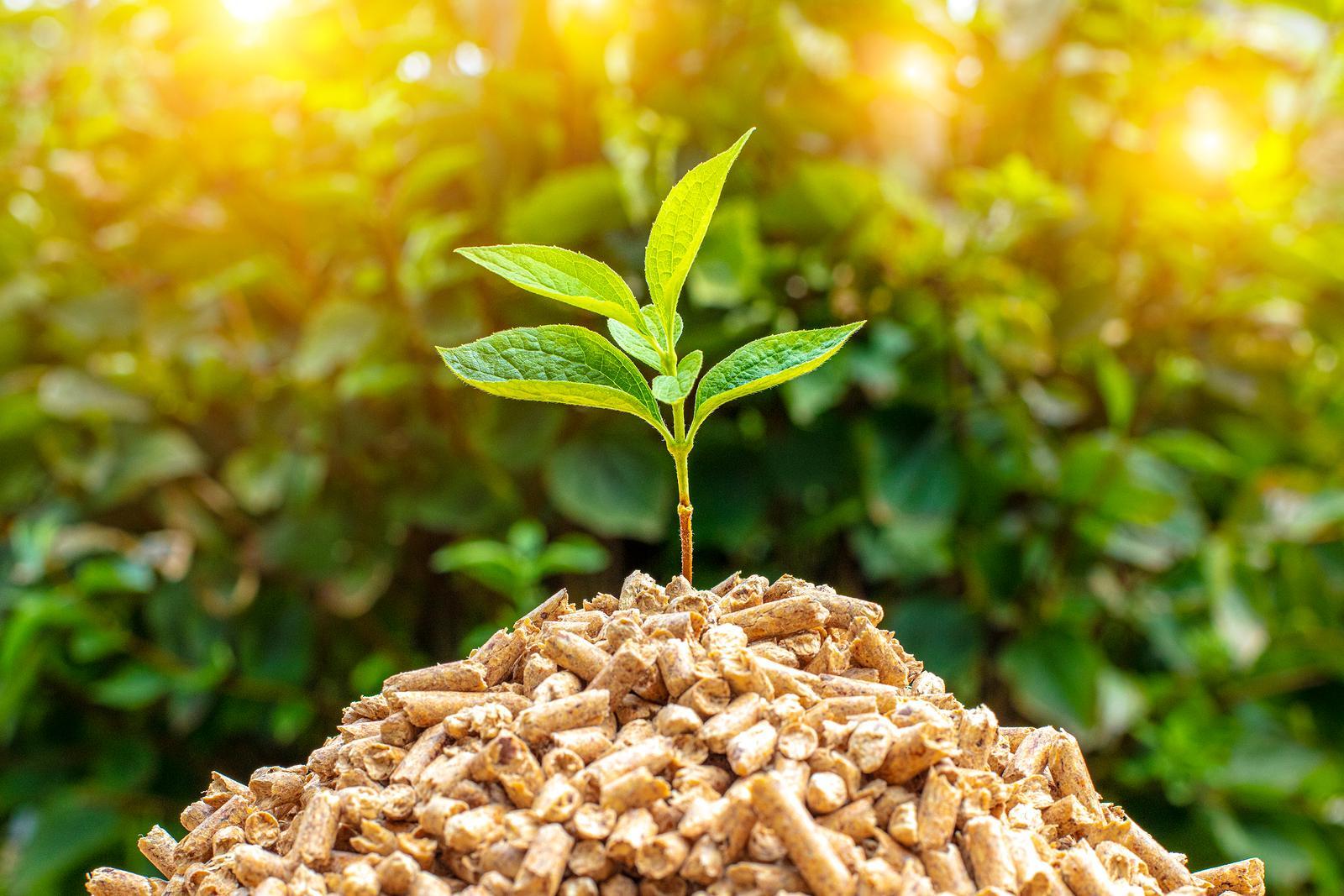
Biomass is a fascinating and eco-friendly energy source that has been around for centuries. But what exactly is it? Biomass refers to organic material from plants and animals that can be used as fuel. This includes everything from wood and crop waste to animal manure. Unlike fossil fuels, biomass is renewable and can help reduce greenhouse gas emissions. It's a versatile energy source that can be converted into electricity, heat, or even biofuels for transportation. Curious about how biomass works and its benefits? Let's dive into 19 intriguing facts about this sustainable energy source that could change the way you think about power!
What is Biomass?
Biomass is organic material that comes from plants and animals. It is a renewable energy source that can be used to produce electricity, heat, and transportation fuels. Here are some fascinating facts about biomass.
-
Renewable Source: Biomass is considered renewable because it comes from living or recently living organisms. Unlike fossil fuels, which take millions of years to form, biomass can be replenished relatively quickly.
-
Carbon Neutral: When biomass is burned, it releases carbon dioxide. However, the plants that are grown to replace the biomass absorb an equivalent amount of CO2, making it a carbon-neutral energy source.
-
Types of Biomass: Biomass can include wood, agricultural crops, waste materials, and even algae. Each type has its own unique properties and uses.
How Biomass is Used
Biomass can be converted into various forms of energy. This versatility makes it a valuable resource for different applications.
-
Electricity Generation: Biomass can be burned in power plants to produce electricity. This process is similar to how coal is used but with a smaller carbon footprint.
-
Heat Production: Biomass can be used directly for heating. Wood stoves and pellet stoves are common examples of biomass heating systems.
-
Biofuels: Biomass can be converted into liquid fuels like ethanol and biodiesel. These biofuels can be used in vehicles, reducing reliance on fossil fuels.
Environmental Benefits
Using biomass has several environmental advantages, making it a popular choice for sustainable energy.
-
Waste Reduction: Biomass can be made from waste materials like agricultural residues and food scraps. This helps reduce the amount of waste that ends up in landfills.
-
Soil Health: Using agricultural residues for biomass can improve soil health. The process of growing biomass crops can also help prevent soil erosion.
-
Biodiversity: Growing a variety of biomass crops can promote biodiversity. Different plants can provide habitats for various species, contributing to a healthier ecosystem.
Economic Impact
Biomass also has significant economic benefits, especially in rural areas where it can create jobs and stimulate local economies.
-
Job Creation: The biomass industry creates jobs in farming, processing, and transportation. This can be particularly beneficial in rural areas.
-
Energy Independence: Using locally sourced biomass can reduce dependence on imported fossil fuels. This can improve energy security and stabilize energy prices.
-
Economic Growth: Investing in biomass infrastructure can stimulate economic growth. It can attract investment and create new business opportunities.
Technological Advances
Advancements in technology are making biomass more efficient and cost-effective.
-
Gasification: This process converts biomass into a gas that can be used for electricity generation or as a fuel. It is more efficient than traditional combustion methods.
-
Anaerobic Digestion: This technology breaks down organic material in the absence of oxygen to produce biogas. The biogas can be used for heating, electricity, or as a vehicle fuel.
-
Advanced Biofuels: Research is ongoing to develop advanced biofuels that are more efficient and environmentally friendly. These fuels could potentially replace conventional fossil fuels entirely.
Challenges and Limitations
Despite its benefits, biomass also has some challenges that need to be addressed.
-
Land Use: Growing biomass crops requires land, which could otherwise be used for food production. This can lead to competition for land resources.
-
Water Use: Biomass crops often require significant amounts of water. This can be a concern in areas where water resources are limited.
-
Efficiency: While biomass is renewable, it is not always as efficient as other energy sources. Improving the efficiency of biomass conversion processes is an ongoing area of research.
-
Emissions: Although biomass is carbon-neutral, burning it can still produce other pollutants. Technologies to reduce these emissions are being developed but are not yet widely implemented.
The Power of Biomass
Biomass stands out as a versatile and sustainable energy source. It offers a renewable alternative to fossil fuels, reducing greenhouse gas emissions and promoting environmental health. From agricultural residues to wood pellets, biomass can be converted into electricity, heat, and biofuels. This energy source supports rural economies by creating jobs in farming, harvesting, and processing. Plus, it helps manage waste by turning organic materials into valuable energy. However, it's essential to balance biomass production with environmental conservation to avoid deforestation and habitat loss. Investing in advanced technologies and sustainable practices ensures biomass remains a viable energy solution. As we seek cleaner energy options, biomass plays a crucial role in our transition to a greener future. Embracing this resource can lead to a more sustainable and resilient energy landscape.
Was this page helpful?
Our commitment to delivering trustworthy and engaging content is at the heart of what we do. Each fact on our site is contributed by real users like you, bringing a wealth of diverse insights and information. To ensure the highest standards of accuracy and reliability, our dedicated editors meticulously review each submission. This process guarantees that the facts we share are not only fascinating but also credible. Trust in our commitment to quality and authenticity as you explore and learn with us.


